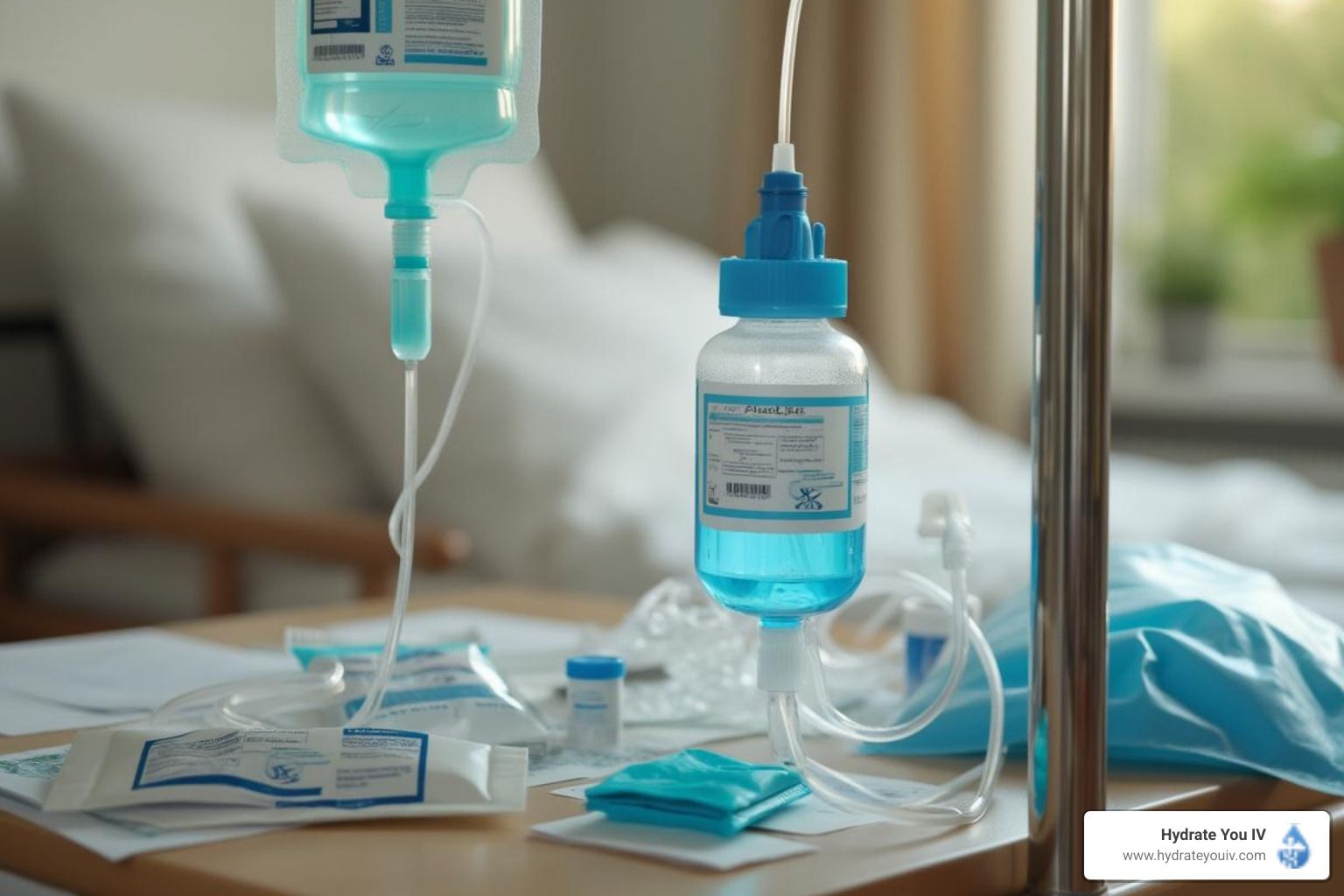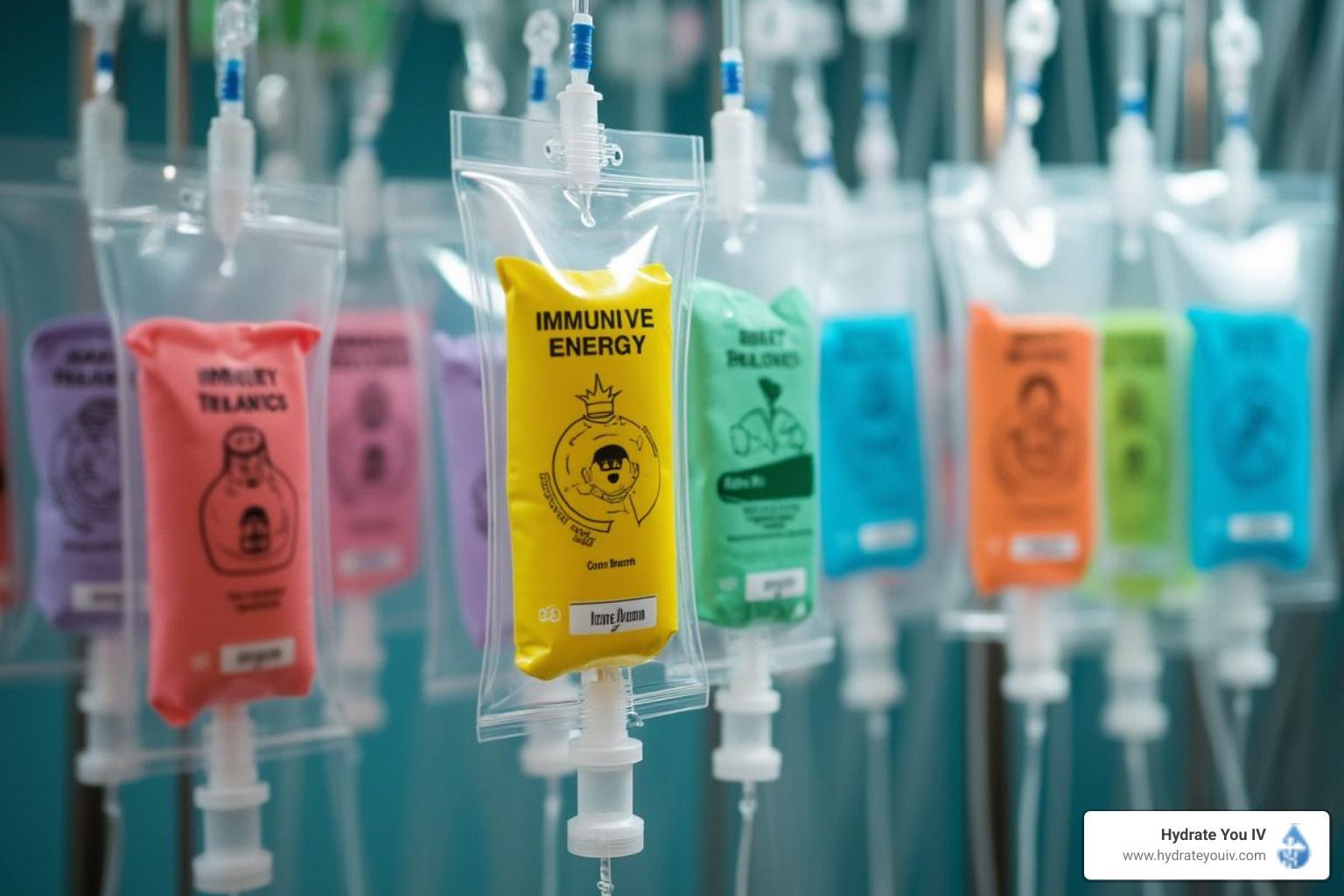6 Effects of Dehydration on the Body

Dehydration is one of the most common health effects that people face, but it can be easy to forget about monitoring it. It's important to remember how dehydration affects your body day-to-day and what its long-term effects are, like chronic illnesses. This article will go over 6 effects of dehydration on the body, including why it's so important for your health. Not just in terms of prevention against problems with dehydration, but in general.
Here Are 6 Effects of Dehydration on the Body:
1) Reduced Concentration: The effects of dehydration on the brain can be quite serious. Concentration and memory are both compromised when you are dehydrated, making it more difficult to do daily tasks or schoolwork. As symptoms get worse, confusion sets in. This could lead to a lack of inhibition that may result in dangerous actions like driving without thinking about your safety.
2) Low Blood Pressure: Dehydration can lead to low blood pressure if its effects are left too long without being treated. This can result in dizziness or fainting when standing up quickly and can cause effects to your nervous system as well. Low blood pressure levels should be taken seriously, and if left untreated, can lead to some dangerous on-going issues. Staying hydrated doesn't guarantee regular blood pressure levels, but it helps tremendously. That is crucial enough to keep your focus on hydration to avoid the risk.
3) Sharp Headaches: This is probably one of the most common effects of dehydration and one that can be a real nuisance in your day-to-day life. Headaches from dehydration develop when the brain is not receiving enough fluids or nutrients, leading to a very painful sensation in the head. The effects can range from mild headaches to severe migraines, depending on how severely dehydrated your body has become.
4) Fatigue: The human body almost always becomes fatigued when it is dehydrated. Fatigue can include a loss of energy, a lack of motivation, and general feelings of laziness. While fatigue often occurs when you are lacking sleep or have been overworking your body, it can also be a sign that you need to increase the amount of fluid intake to your system. If you suffer from chronic fatigue, chances are dehydration is one of the big causes.
5) Skin Elasticity: When you're dehydrated, your skin is less likely to bounce back into position after being pinched or prodded. It's not necessarily a serious effect of dehydration, but it does give you an idea of how important fluid is for your body. Lack of skin elasticity can make your skin look older, and also make you look a bit tired and worn out.
6) Dry Mouth and Lips: Though it may not seem like it, this can be one of the most uncomfortable effects of dehydration on the body. Having a dry mouth can really make you feel like your mouth is a desert and for some people, this can have serious effects on their mood. In order to avoid these effects of dehydration on the body, it's important to keep yourself hydrated throughout each day.
Now that you know the effects of dehydration on your body, see how an IV therapy treatment can help prevent it!
Want to discover more about how we can help you with cutting edge IV therapies and solutions? Please schedule an appointment here. Call us at (918) 520-1238 (Tulsa), or (405) 276-4937 (OKC) if you’d like to speak with us directly.











